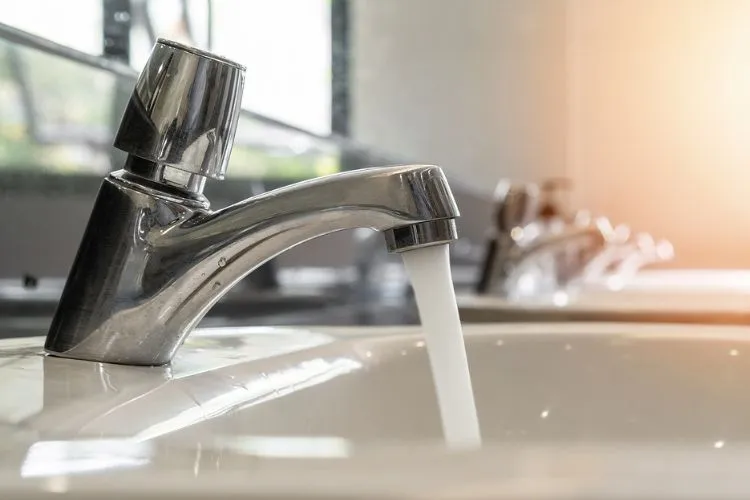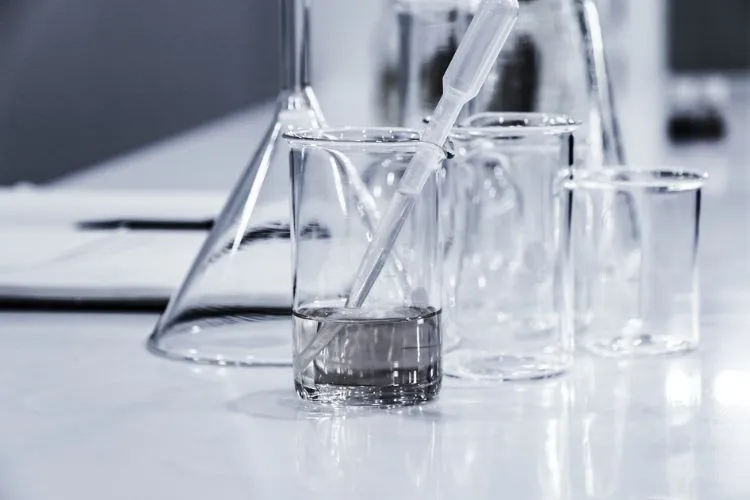Water hardness is a common concern for homeowners, especially when it comes to its effects on appliances, plumbing, and daily tasks. Does Pittsburgh have hard water?
This question frequently arises as residents discuss the quality of tap water and its impact on everything from soap efficiency to appliance longevity.
In Pittsburgh, the hardness of the tap water is a significant factor that can affect daily life and household maintenance.
In this article, we’ll explore the hardness of Pittsburgh’s water, explain what it means for your home, and offer tips on how to manage its effects, whether through water softeners or simple maintenance practices.
Water hardness is a common concern for many homeowners, particularly regarding its impacts on appliances, plumbing, and personal use.
But, does Pittsburgh have hard water?
Well, in Pittsburgh, the nature of the tap water, specifically its hardness, often comes up as residents discuss water quality and how it affects daily life.
This article delves into the essential aspects of Pittsburgh’s water hardness, what it means for you, and how you can manage its effects.

💦 Does Pittsburgh Have Hard Water?
The primary sources of Pittsburgh’s tap water are the Allegheny and Monongahela Rivers. These rivers collect runoff from multiple areas, each with different minerals that contribute to the overall hardness of the water.
In general, water hardness is determined by the concentration of calcium and magnesium salts in water.
For Pittsburgh, the water hardness level generally falls into the moderately hard category, although this can vary somewhat by specific area and water treatment processes.
💦 Implications of Hard Water
Hard water contains high levels of dissolved minerals, primarily calcium and magnesium. While not harmful to health, these minerals can have several implications for household use.
For instance, they can cause buildup in pipes and water heaters, reducing efficiency and lifespan. Appliances that use water, like dishwashers and washing machines, may also wear out faster and require more maintenance.
From a health perspective, hard water is generally safe to drink.
However, it can interfere with the action of soaps and detergents, reducing their effectiveness. This results in less lather and can leave skin feeling dry and hair looking dull due to residual soap scum.
Furthermore, hard water can affect the aesthetic qualities of your water. It may have a different taste than soft water, which some people might find less appealing, though this is a matter of personal preference.
💦 Dealing with Hard Water in Pittsburgh
Managing hard water in your home requires understanding the scale of the issue and the various solutions available. Water softeners are the most common method for treating hard water.
These devices use a process called ion exchange to remove calcium and magnesium ions from the water, replacing them with sodium or potassium ions.

For those looking for less permanent solutions, there are also magnetic and electronic descalers that alter the electromagnetic properties of the calcium and magnesium, preventing them from forming scale.
Additionally, vinegar can be used to remove buildup on fixtures, though this is more of a cleaning solution than a preventative measure.
💦 How to Test Your Water Hardness
If you suspect that your home has hard water, it’s a good idea to test it to understand how hard it indeed is. This can be done using a DIY water testing kit available at most hardware stores.
For a more detailed analysis, you may consider hiring a professional water quality service. These services can provide a comprehensive breakdown of your water’s content, helping you make informed decisions on how to treat it.
💦 Understanding Water Hardness Measurements
Water hardness is a measure of the concentration of calcium and magnesium salts in water. It’s typically expressed in milligrams per liter (mg/L) or grains per gallon (gpg), with one grain per gallon being equivalent to 17.1 mg/L.
The United States Geological Survey (USGS) classifies water hardness on a scale where water is considered:
- Soft: 0-60 mg/L or 0-3.5 gpg
- Moderately hard: 61-120 mg/L or 3.6-7 gpg
- Hard: 121-180 mg/L or 7.1-10.5 gpg
- Very hard: over 180 mg/L or over 10.5 gpg
In Pittsburgh, where water is described as moderately hard, residents are likely to experience hardness levels that tend to influence everyday activities, such as cleaning and bathing.
Knowing the measurement of water hardness is crucial for homeowners when deciding whether to invest in water treatment systems, such as water softeners, and in maintaining the efficiency and longevity of household appliances that rely on water.

💦 Case Studies and Testimonials
In Pittsburgh, numerous residents have chronicled their experiences with different water treatment systems, particularly water softeners and descalers.
Testimonials often highlight significant improvements in appliance efficiency and reduced scale buildup.
Independent case studies corroborate these accounts, demonstrating that certain models of water softeners are particularly effective in local water conditions, leading to lower maintenance costs and better water quality.
💦 Frequently Asked Questions (FAQs)
Is Pittsburgh’s tap water considered hard or soft?
Pittsburgh’s tap water is generally considered to be moderately hard, which means it contains a noticeable amount of minerals like calcium and magnesium but isn’t at the highest end of the scale.
How can I test the hardness of my water at home in Pittsburgh?
Homeowners can use a DIY testing kit from a local hardware store or hire a professional water testing service for a more detailed analysis.
What are the main sources of Pittsburgh’s drinking water, and how does this affect water hardness?
The main sources are the Allegheny and Monongahela Rivers. The minerals in the runoff from these river basins contribute to the water’s hardness.
How does water hardness in Pittsburgh compare to the rest of Pennsylvania?
Water hardness can vary widely across Pennsylvania, but Pittsburgh’s water is typically in the moderate range, which is similar to many other places in the state.
Conclusion:
Pittsburgh’s water, sourced from its two main rivers, is moderately hard. While this water quality is generally safe for consumption and use, it does come with challenges that residents should be aware of.
By understanding the hardness of your water, you can take appropriate steps to mitigate its effects, ensuring your appliances last longer and you enjoy a better quality of life.
Testing your water hardness and considering a water softener or other treatment methods are excellent first steps in managing the hard water in your Pittsburgh home.

Devon Shorts, a seasoned expert with over a decade of experience in water safety, shares valuable insights on this blog “Aqua Safety Plus”. Trust his expertise to keep your water clean and your family safe.
